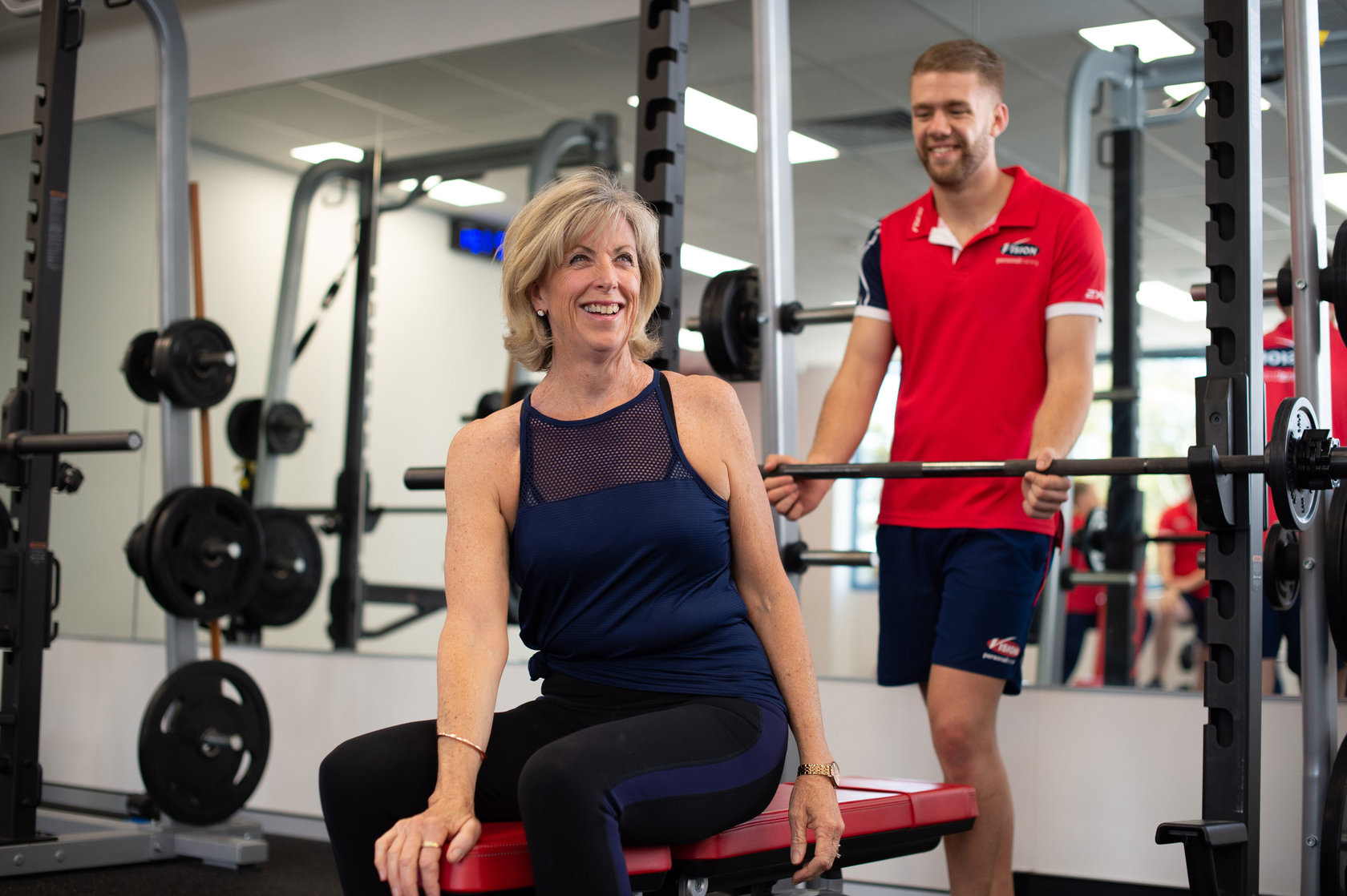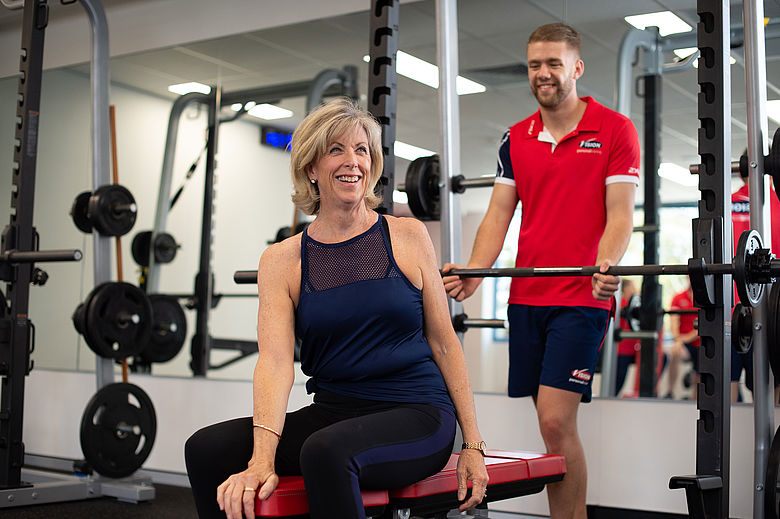One fairly common barrier to clients successully completing 9 week coaching programs is the occurence of injuries. Some injuries are considered minor with just a few days off training required. I have also seen examples of clients with accidents at work with injuries such as sprained ankles or damaged tendons and ligaments. The run of the mill advice is to go and see your physio, however this article will give you a few tips of how to help speed the recovery process up by ways of effective nutrition.
Nutrition plays a key role in recovery, not just from day-to-day training, but also from injuries and surgery. Although many people focus on the physical side of surgical recovery, nutrition is equally important. That's because healing after an injury or surgery is a complex process, and nutritional deficiencies can impede and slow recovery. Not only that, but healing tends to increase the requirement for certain nutrients, depending on the nature of the injury. Here are some specific areas to consider when it comes to nutrition following an injury or surgery.
✅ Vitamins and minerals
A number of vitamins and minerals are especially important for wound healing. Vitamin A is required for epithelial and bone tissue development and also appears to play a role in immune system function, while vitamin C is critical for the synthesis of new collagen found in connective tissue. Research has demonstrated that a vitamin C deficiency can result in collagen defects, defective fibroblast response, and abnormal scar formation. Zinc is also needed for enzymatic activities in DNA synthesis, cell division, and protein synthesis. A 2014 study published in Nutrition in Clinical Practice found that a zinc deficiency can inhibit wound healing. To meet the increased nutrient demands for healing, eat plenty of fruits and vegetables in a variety of colors. Supplementation with a multi-vitamin can help fill the gaps.
✅ Omega-3 fatty acids
Research demonstrates that omega-3 fatty acids can influence the function of pro-inflammatory cells and help maintain the body's normal inflammatory response. A 2011 study involving 68 healthy medical students found that 2.5 grams daily of omega-3 fatty acid supplementation reduced inflammatory markers. These findings were reproduced in a 2012 study of 138 healthy middle-aged and older adults. Eat two servings of fish per week, and include vegetables oils, nuts, and seeds to meet needs for omega-3 fatty acids. To ensure adequate omega-3 intake while recovering from an injury or surgery, consider taking a fish oil supplement. I recommend the Thorne Super EPA brand
✅Curcumin
Curcumin is a phytochemical found in turmeric. Turmeric has been consumed and used to treat ailments for thousands of years, especially in Asian countries. Recent research has demonstrated that curcumin has important antioxidant and wound-healing properties. Research has also shown that curcumin supplementation of 500 milligrams twice daily can effectively promote reduced swelling and tenderness in individuals with rheumatoid arthritis and function and discomfort in individuals with osteoarthritis. Add turmeric to vegetables, rice, and soups, or take a curcumin supplement.
✅Bromelain
Bromelain is a proteolytic enzyme naturally found in pineapples. In studies, bromelain has been shown to promote reduced swelling and bruising after surgery by helping to maintain a healthy inflammatory response in the body's musculoskeletal system.
✅Amino acids
As noted above, protein is necessary for wound healing. In addition to overall protein, individual amino acids also play a role. For example, arginine is not only required for protein synthesis, it's also a precursor to nitric oxide, which is important for circulation, and glutamine is used within a wound as a source of energy. And beta-hydroxy-beta-methylbutyrate (HMB), a metabolite of the amino acid leucine, has anti-catabolic properties that help preserve lean muscle mass.
For more information on coaching programs contact me
jclare@visionpt.com.au
*Disclaimer: Individual results vary based on agreed goals. Click here for details.

